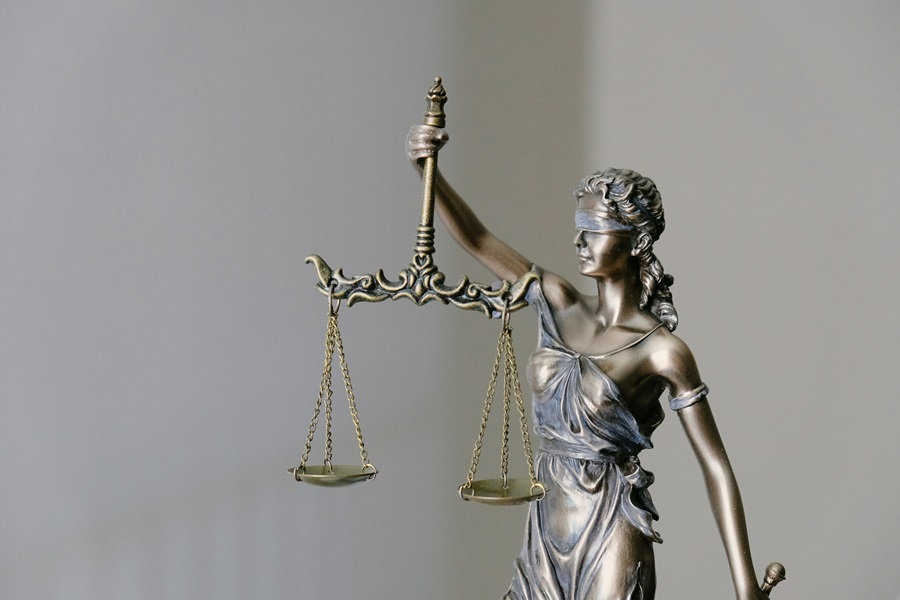Justice

A sense of fairness and justice in society is essential to its happiness and well-being.
When large segments of the population feel oppressed, like all the incentives of the system are stacked against them and their hopes for a better life, it is impossible for those people be as happy as they would be in a fair and just society.
This page will outline the key factors required to make a system of laws and enforcement that maximizes the prevailing sense of justice in a society.
Legal Systems
Equal protection under the law must be rigorously protected in the incentive structures built into every aspect of our judicial, legislative and bureaucratic systems.
Legalism
Stage 4 of Kholberg's moral development progression is where the majority of conservatives currently stand. The notion that "if it's legal then it's OK, if it's illegal then it's bad" provides a simple framework for understanding and conforming to the rules of society.
The source of legality can come from any authority, be it government, religion, family, or employer. It is hierarchical and simple. Just do whatever the authority figure says.
The problems with this mindset are:
- It opposes necessary changes to the law, such as the legalization of recreational drugs and other victimless crimes.
- It encourages malicious prosecution and selective enforcement
- Unethical but not illegal acts are seen as clever workarounds instead of violations of social norms, such as the many attempts to circumvent the results of the 2022 election in the US.
Crime and Punishment
Justice must also weigh the healing power of retribution against the redemptive nature of arbitrary punishment and find its incentives lacking. In the happiest countries, forgiveness, redemption and rehabilitation are prioritized over retribution, reducing recidivism. Ironically it is the least religious countries that reflect the values of Jesus in their judicial systems.
What role does punishment play in a society that maximizes happiness?
Civil Law
What is the best way to resolve non-criminal disputes between people? How can fairness and justice be maximized in the civil system?
Policing
Evidence-Based Best Practices for effective policing that reduces crime, catches criminals and avoids prosecuting the innocent, and maintains positive community relationships.
Enforcement of Social Norms
Cancel culture has shown the necessity for fairness in the enforcement of new cultural norms and taboos, lest they result in incentivizing polarization instead of values. Without the universal in-group, those who are shunned by one group are simply embraced by the other, especially when there is not a consensus on what constitutes a violation of the taboo.
Most conservatives would agree that racism and misogyny are bad, so the cancel culture debate is not about whether they should be taboo, it is about whether or not the enforcement of the taboo is fair.
Without a supermajority consensus on what the new social norms are, what constitutes a violation, and what a fair consequence for that violation should be, enforcement will tend to lead to a debate on fairness and an increase in polarization.
A healthy culture requires an authoritative document that can spell out these terms, which do not belong in the legal system. Religion and scripture has been the traditional source for this authority, but it can no longer serve that purpose in a multicultural, global society. We must collectively decide to pick a new authority and run with it so we can build a future that reinforces values instead of endlessly debating them.
Justice and Legal Philosophy Videos
A short 10 minute introduction to the philosophy of justice and a 12 part Harvard lecture series. There are no in-betweens!